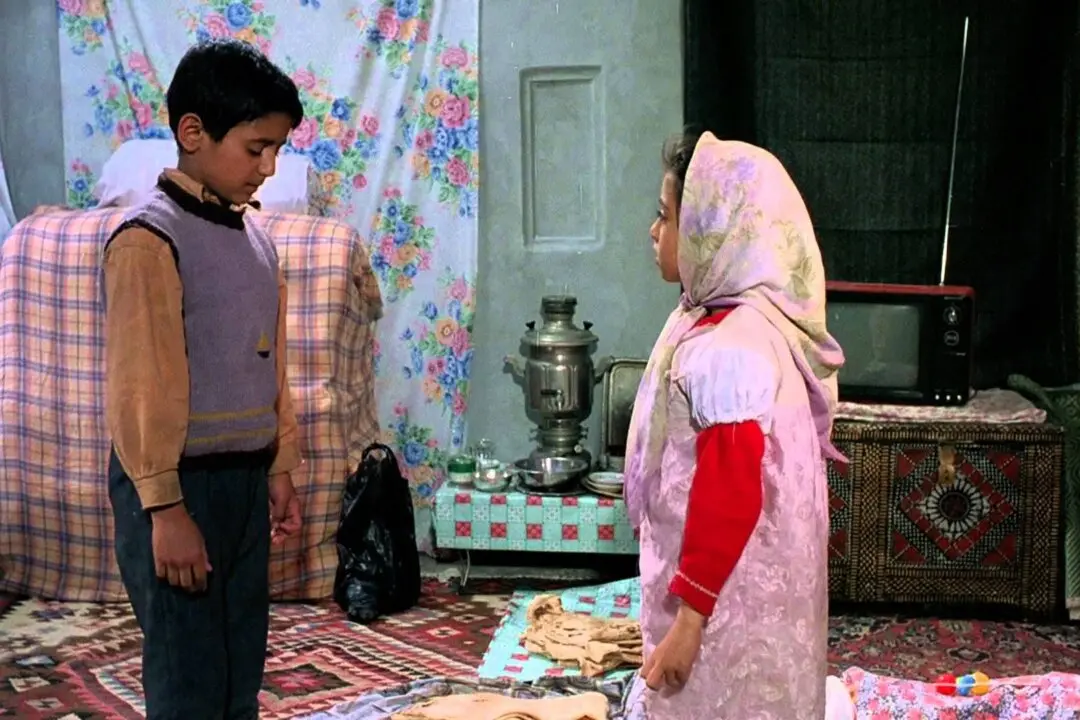PG | 2 h 23 min | Drama | 1995
Glenn Holland (Richard Dreyfuss) dreams of being “famous, rich … probably both” as a big-time composer. Biding his time writing a symphony, he teaches music in a school just to pay the bills, while his wife Iris (Glenne Headly) earns a bit from her photography assignments. Obsessed with listening and being listened to, he’s devastated when their son, Cole (Anthony Natale), is born deaf.





